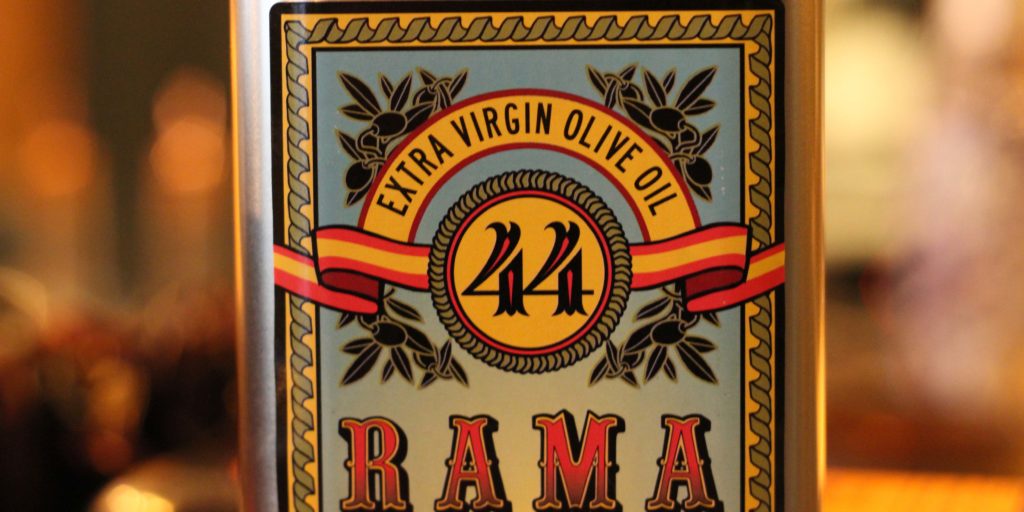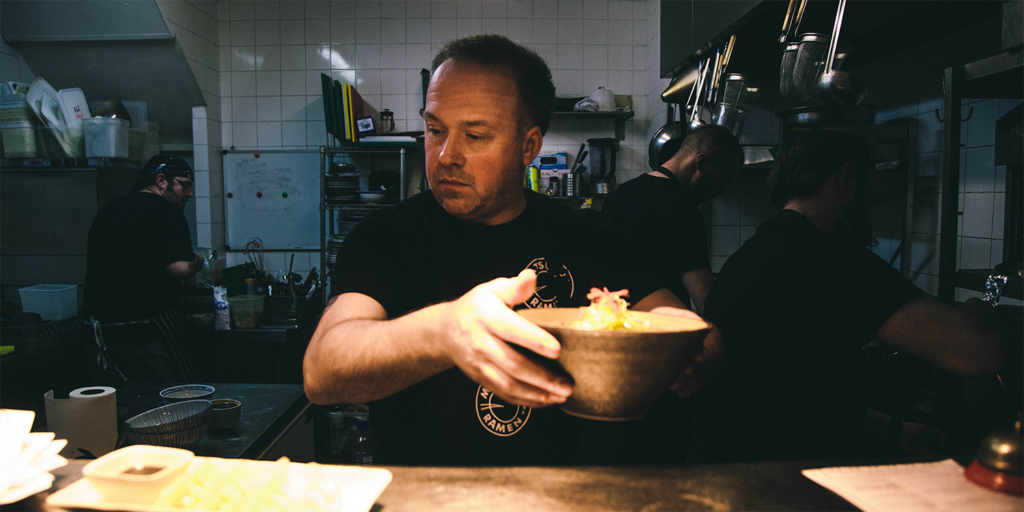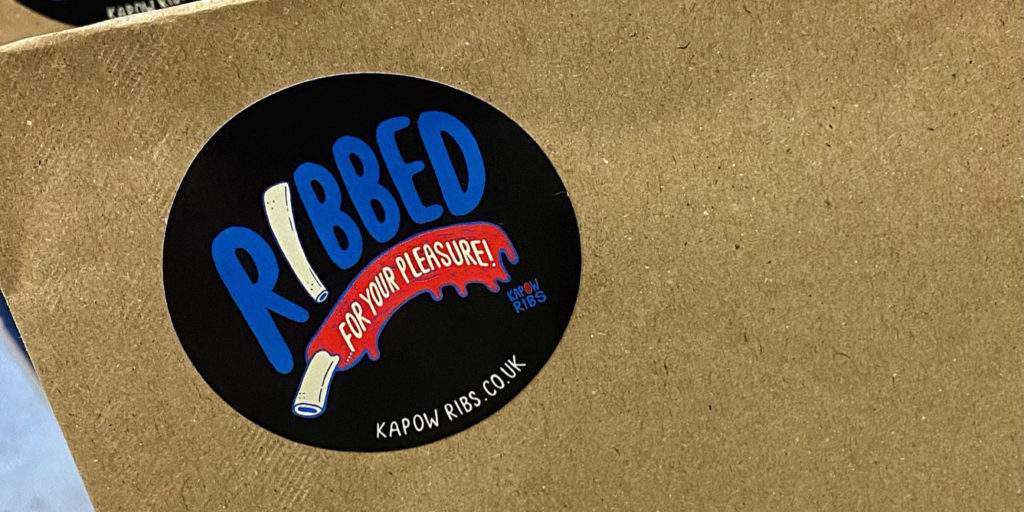While heat-at-home kits are helping restaurateurs get their goods to customers, for many businesses they remain unsustainable and impractical
Heat-at-home kits have provided many businesses with an invaluable lifeline to continue trading under lockdown measures. As all businesses have seen their foot traffic reduced down to near zero, they have been forced to innovate to ensure that revenue remains flowing into their businesses.
While many food businesses have become reliant upon DIY kits, they have not been a silver bullet. For many restaurants, especially those within fine dining, they have been impractical yet unavoidable, with no alternatives for bringing revenue into their restaurants available.
From fine dining to ramen, here are four Welsh businesses that have had to adapt their business models to work under lockdown restrictions.

The Bar 44 Group, Cardiff, Cowbridge & Penarth
Photo credit: Josh Ong
Founded in Cowbridge in 2002, Bar 44 has expanded its tapas restaurants to three other locations, including Penarth, Cardiff and Bristol. It has become well known for its Spanish food, with 2017 seeing the opening of their full grill-house, Asador 44, which has since earned a Michelin Plate award.
“Around March or April time we didn’t do anything, as we thought we’d be back open again soon,” said director and co-founder of the Bar 44 Group, Natalie Isaac. However, when it realised that it had stock that needed to moving on, the group knew it had to do something..
With produce from both their Bar 44 and Asador 44 locations, the group launched Mercado 44, offering recreatable dishes from both of their restaurants. These range from around £10 to £120 experience boxes, which include their signature Galician dairy cow steaks.
“Heat-at-home is only a small percentage of what our business would normally make, about 5-10%”
Natalie Isaac, Director and Co-founder of the Bar 44 group
While the business has been busy, it has also used the time to develop signature products that could improve the brand’s marketability. “We’ve taken the time during lockdown to develop a lot of projects that we’ve been meaning to do for ages but never got round to,” Natalie said. She also believes that the heat-at-home boxes have provided a clear platform for reaching customers who were previously unable to visit their restaurants.
The group has also used the opportunity to expand into corporate events, with a recent client purchasing 250 taster boxes to be sent out across the country. It was also able to provide snacks and nibbles to a Q&A session for this year’s Six Nations England vs Wales match via Zoom.
Once their locations reopen, it has no intention of halting Mercado 44. “Although the demand won’t be there as much as when we’re in lockdown, I believe there will still be a demand for heat-at-home food, and it’s something we will continue as a new branch of the business,” Natalie added, with the marketplace set to be fully rebranded at the end of this month.
However, it’s current model is unsustainable without assistance. “Both click and collect is only a small percentage of what our business would normally make, about 5-10%,” Natalie claimed. With UK hospitality reporting a £30bn loss in revenue in Q2 last year, heat-at-home kits simply aren’t able to make up for the loss in foot traffic.

Ynyshir, Machynlleth
Photo credit: Jona Black & Bacon on the Beach
Located in mid-Wales, Ynyshir remains one of Wales’s only Michelin-starred restaurants. Since its rebranding in 2016, it’s been met with consistent high praise, with the Independent naming it fifth best restaurant in the UK in 2019. Prior to the coronavirus pandemic, Ynyshir would offer diners a 20+ course tasting menu at a high price point, something that’s nearly impossible to translate to a DIY kit.
Head Chef and owner of Ynyshir, Gareth Ward, noted the difficulties in using the boxes to help his business stay afloat. “We resisted doing them for ages,” he said, adding that they were a “logistical nightmare” to deal with.
“We’ll put 100% effort into these kits, but we have a restaurant here. I’m looking at it right now and it’s empty. I just want some kind of normality.”
Gareth Ward, Owner and Head Chef at Ynyshir
When Ynyshir reluctantly launched its first box during the first lockdown, it took advantage of the marketability of the various sauces that would have been normally utilised in dishes across their menu, selling around 600 units for £30 to customers around the UK. “The whole world wasn’t putting food in boxes at that point, so it wasn’t complete chaos,” Gareth stated.
Despite the success of the sauce box, it’s only released two other at-home kits, with the latest Valentine’s kit selling out all 110 boxes at £300 for a two-person box. While the boxes are one of the most expensive across the UK, its ingredients, such as Wagyu beef that sells at £150 per kg, their experience comes at a price.
However, after four of the Valentine’s boxes were lost in transit, with many more arriving to customers damaged, he declared that he’s done with the idea. He also acknowledged that if the restaurant needs to make ends meet, then he’ll release another box. “We still got staff, electricity and gas to pay,” Gareth remarked, adding that getting any money out of the government is “hard work.”
His thoughts are reinforced by the Welsh Independent Restaurant Collective, who have recently launched a campaign highlighting the lack of guidance from the Welsh Government, with the hashtag #WeAreInTheDarkMark.
Once restrictions have eased and diners are back in his restaurant, it’s clear that Gareth has no intention of making the DIY kits. “We’ll put 100% effort into these kits, but we have a restaurant here. I’m looking at it right now and it’s empty. I just want some kind of normality.”

Matsudai Ramen, Cardiff
Photo credit: Jamie Allen
Former music artist and venue manager, James Chant, started Matsudai Ramen as a pop-up idea in 2019. Testing the popularity of the idea of becoming Wales’s only dedicated ramen joint, tickets for his pop-up nights in Cardiff sold out within minutes of going live.
Proving its potential, Matsudai entered into a takeover of kitchen at Cardiff venue Blue Honey, which was forced to close after just a few weeks due thanks to the first national lockdown.
Similarly, while other restaurants and venues around transformed into takeaways, this wasn’t as easy for Chant. “Ramen doesn’t travel well as a takeaway hot food”, he noted, closing it off as a potential revenue source.
Having already supplied a few frozen ramen kits for friends and family, he realised that he already had the basis for an idea which could help his business not only survive but thrive. Offering kits for around £10 per person, his business was quick to take off.
“It’s hard to make a lot of money from. We’re really busy and we’re just about keeping our heads above the water”
James Chant, founder of Matsudai Ramen
Offering delivery for Cardiff residents, the business continued to grow substantially, allowing for James to move operations to an industrial unit in Taff’s Well. During the move, James was also able to hire two new staff to join him in what had previously been a single person operation from his kitchen.
Continuing to grow, it launched delivery for the whole UK this February, with their first monthly rotation stock completely selling out. This expansion has also allowed him to hire even more staff, as well as a second unit.
However, while his entire business is currently centred around the kits, he has acknowledged that the system isn’t without its flaws. “It’s hard to make a lot of money from. We’re really busy and we’re just about keeping our heads above the water,” he admitted.
While the heat-at-home kits have always been at the forefront of his business, it isn’t the business’s endgame, as opening a flagship restaurant has been his dream since Matsudai began.

Kapow Ribs and Rocket & Rye, Cowbridge
Photo credit: Kapow Ribs
Chef John Cook and his wife Ceri had an idea for a new street food business last year. With branding and concept ready, they were ready to kick off before Covid-19 restrictions brought their idea to a screeching halt. John, like so many others within the industry, noted his worry for paying bills, staff, mortgage and more.
With nothing to lose, armed with a few racks of ribs and a £10 burner phone, they floated their newfound business to see if there was any interest there; it was an immediate success, selling out their entire stock.
Since then, the business has continued to expand, with their latest release of 200 racks selling out almost immediately, with whole racks priced at £14 and sides around £5 each. As their capacity has expanded, their operational range has equally enlarged; originally only delivering to Cardiff, Kapow has since added the Vale of Glamorgan, Bridgend and Rhondda Cynon Taff to their delivery range.
Following Kapow, John and Ceri announced last year their newest restaurant, Rocket & Rye, was to open its doors on Cowbridge High Street last December, following months of gutting and renovation work. However, they were met with unfortunate timing as the Welsh Government’s firebreak lockdown was introduced just a week prior to their planned grand opening.
Renovation, innovation
With an empty brand new restaurant, they were stuck. In response, they launched their ‘Rocket boxes’, utilising their knowhow of DIY kits they’d gained from Kapow. These kits aimed to give hopeful diners a taste of what was to come and build a name for the brand for around £50, while simultaneously bringing revenue into the restaurant, whose doors are still yet to open to the public despite starting work 6 months ago. Equally, while renovations have made good use of the new venue, the number of covers will remain limited to their compact space.
The boxes have proved popular among customers, with their collection only service being recently expanded into delivery for residents of Cardiff, and remain the new business’s only main revenue stream.
Once Rocket & Rye is able to open its doors, it’s unlikely that it is still going to produce any kits, due to time constraints. However, Kapow’s popularity has made it clear it intends on continuing business regardless.
Restaurants glooming, takeaway booming
While people were forced to stay home, the takeaway sector has seen a huge rise in revenue over the last year. However, many restaurants have been critical of the growth in takeaway via companies such as UberEATs and Deliveroo due to their high commission rates, claiming a 30% cut of all orders.
Here are some key statistics around the takeaway sector boom:
- JustEat/Takeaway.com saw a 170% rise in the number of orders, resulting in a 62% growth in revenue year-over-year
- UberEATs saw a 134% growth in year-over-year revenue compared to 2019
- Delivery Hero, who manage various smaller delivery operators across the world, saw a 70% increase in revenue across all of their markets
- Domino’s saw only a 10% growth in revenue in their UK and ROI market
